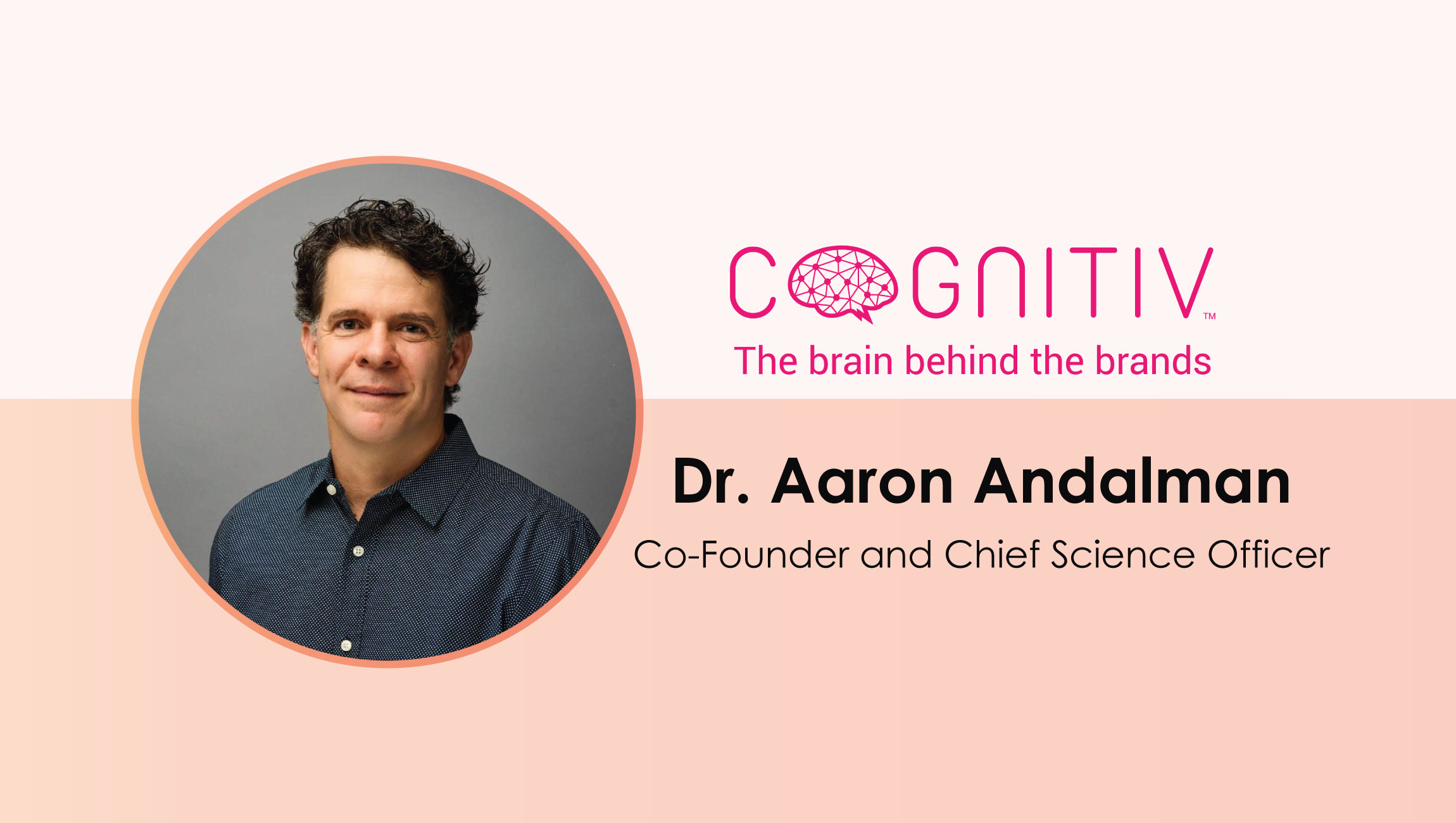In 2023, marketers saw seismic shifts in the industry, including more competition, tighter budgets, and a major movement toward AI adoption across teams.
After a year of significant transitions to how marketers and creatives do their jobs, it’s no surprise that 2024 is primed to push industry professionals further and bring more changes into the workplace.
It will be critical for teams to embrace these changes in the coming year; the ones that don’t are going to face setbacks. 2024 is the year to learn how to leverage AI, get ahead on the latest content techniques, and understand what consumers want from brands they love, and deliver results. As CMOs demand greater ROI on any new investments, teams must be more strategic with the budgets they’re given and streamline workflows to support high-quality content.
Embrace AI to tackle the low-hanging fruit
In early 2023, AI was the hot, new tool everyone wanted in their tech stack. Today, it’s a necessity. Marketers are facing enormous challenges in today’s social media landscape. 45% of marketing and creative professionals report struggling to stand out from the competition and 89% of CMOs say there’s a higher demand for speed when producing content.
While increased content demands require more time from creatives, AI can be utilized to identify the low-hanging fruit. Tedious tasks like content distribution, content analysis, and content management can be automated with AI. When these items are taken care of, marketers and creatives can spend their time driving a higher ROI by focusing on more strategic work that generates results.
By identifying time sucks in the workday, marketing teams can automate up to 20 hours of tasks a month. The time that was wasted on administrative tasks can now be leveraged to produce more content, turn around campaigns faster, and tackle big projects.
Marketing Technology News: MarTech Interview with Riikka Söderlund, CMO at Katana
Visual content will take center stage
Long gone are the days when a two-sentence tweet was the center of a social media calendar. The demand for visual content is rapidly growing; content with strong visuals gets 94% more views than content without.
The challenge is finding the perfect photo or video for every post – especially when marketers are being asked to produce multiple posts on multiple platforms a day. It’s time-consuming and it comes at the risk of producing lackluster or generic content.
While visual content is a necessity, the end-to-end process can be smoother. Marketers should invest in tools that allow professionals to effortlessly access and share content across the board. With 59% of marketing teams already using AI tools for content and asset creation, the benefits of Digital Asset Management (DAM) platforms are endless. Need a quick post for a fleeting TikTok trend? DAM platforms will quickly become the saving grace for any marketer in 2024. Already, 56% of companies have increased their AI budget allocations in the past year and of those who use DAM tools, 90% say it’s improved their productivity and 88% have said the tool improves their efficiency.
The demand for authenticity and transparency is growing
People follow people – not companies. The rise of TikTok has taught us all what it means to be “influenced,” and this trend isn’t slowing down. When consumers trust the brands they follow, they’re more inclined to listen to them. Over half of consumers report their willingness to advocate for a brand if they fully trust their intentions – and the key is authenticity. When a brand is authentic and transparent about “the why” behind its actions, that resonates with consumers.
With the rise of AI, the need for authenticity and ethical practices is growing. This year, Meta has announced they will label all AI-generated posts. With 66% of creatives expressing concern about the ethical implications of AI-generated content and 77% stating they’re worried about maintaining transparency when using AI-generated content, Meta’s decision to label these posts isn’t surprising.
Even though there are concerns surrounding the authenticity of content created with AI, there’s a prevalent belief that AI will be a necessary tool for businesses. In fact, 78% of marketers believe AI could help their company increase revenue and 71% believe that the companies who don’t embrace AI will lose their competitive edge. Using these tools will be critical for any creative but in a world where audiences are demanding authenticity, it’s risky to create content solely using AI-backed tools. That’s why AI should be leveraged for manual tasks and always be reviewed before uploading it to any channels. AI should support and augment marketing strategies, but not take over. While every company is looking to leverage AI and influencers to produce engaging content quickly, the most successful brands will not lose sight of their target audience and “the why” behind every post.
The future of work
AI is already dominating conversations among professionals and it is making its way into the hands of students, especially following OpenAI’s first university partnership. It’s becoming necessary for future employees to have AI tool experience; and thankfully, new graduates are coming onto the scene with this experience in hand. Tomorrow’s employers must be prepared to enhance students’ knowledge of these tools today and provide consistent training to help them develop their understanding of this rapidly evolving technology.
Companies are excited to implement these tools into their tech stacks but they’re too often skipping critical steps in their haste to add AI. Only 38% of marketers and creatives received AI training from their companies when these tools were implemented. With concerns surrounding AI being used appropriately among employees, the future of a company’s ethics may lie in their choice of whether or not to implement training.
The employers that stand out among prospective talent will be the ones who foster innovation. With 86% of AI users reporting higher levels of job satisfaction, employers who choose not to implement AI may quickly fall behind. Finding a balance of when to leverage AI, while also ensuring it’s being used appropriately, will help companies catapult to the front of their industries.
Conclusion
The marketing industry is constantly evolving, and 2024 may bring some of the biggest changes yet. Marketers and creatives who can embrace and leverage new challenges will reap the benefits of stronger audience engagement and more streamlined content workflows. As companies enter this new year, making key investments should be at the forefront of any successful team.
Marketing Technology News: Personalisation Versus Intrusion In The Era of AI Marketing











